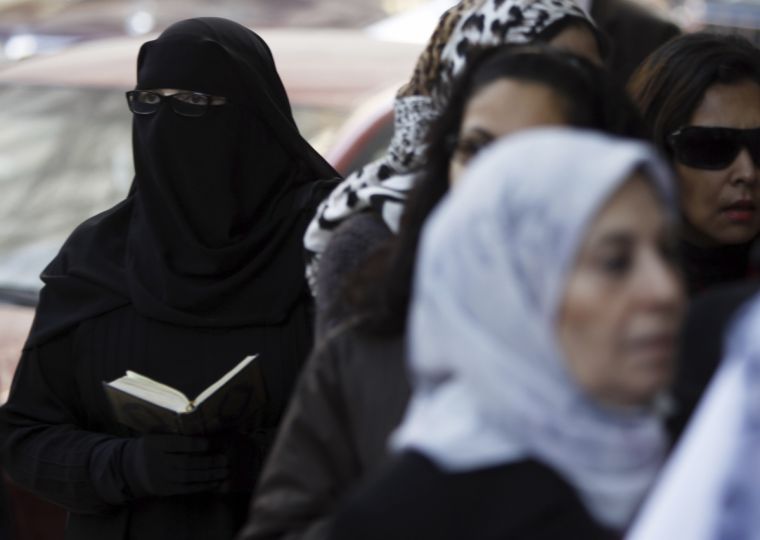Home Office rejects calls to regulate sharia courts in Britain
The Home Office is rejecting calls for the government to regulate sharia courts, warning that to do so would legitimise the quasi-legal structures that operate outside the British legal system.
A landmark report headed by Prof Mona Siddiqui called for sharia councils to be regulated by the government and warned that banning the religious bodies could force them 'underground'.

The 18-month review, launched by Theresa May when she was home secretary, also recommended that Muslim couples should have to civilly register their marriage as well as have a religious ceremony.
There is no current obligation to so meaning that Muslim couples who want to divorce must do so in a sharia court where, according to some Muslim women's groups, wives can be forced into a decision they do not want.
The report said that registering Islamic marriages in British courts means women who want to divorce would be able to do so without having to appeal to sharia councils, which are run largely by men. It would mean 'a greater number of women will have the full protection afforded to them in family law and the right to a civil divorce, lessening the need to attend and simplifying the decision process of sharia councils,' it said.
It added that 'cultural change is required within Muslim communities so that communities acknowledge women's rights in civil law, especially in areas of marriage and divorce'.
The report also recommended campaigns to inform women of their rights and responsibilities.
The report concluded: 'It is clear from all the evidence that sharia councils are fulfilling a need in some Muslim communities. There is a demand for religious divorce and this is currently being answered by the sharia councils.
'This demand will not end if the sharia councils are banned and closed down and could lead to councils going "underground", making it even harder to ensure good practice and the prospect of discriminatory practices and greater financial costs more likely and harder to detect.
'It could also result in women needing to travel overseas to obtain divorces, putting themselves at further risk. We consider the closure of sharia councils is not a viable option.
'However, given the recommendations also proposed in this report include the registration of all Islamic marriages as well as awareness campaigns it is hoped that the demand for religious divorces from sharia councils will gradually reduce over time.'
The Home Office ruled out regulating sharia courts but is considering the other recommendations.
A spokesman said: 'We are grateful for the independent review team's comprehensive analysis.
'We will not be taking forward the review's recommendation to regulate sharia councils. Sharia law has no jurisdiction in the UK and we would not facilitate or endorse regulation, which could present councils as an alternative to UK laws.
'In Britain we have a long tradition of freedom of worship and religious tolerance, where many people of different faiths follow religious codes and practices and benefit from their guidance. The government has no intention of changing this position.
'We will consider carefully the review's findings and its remaining recommendations.'











